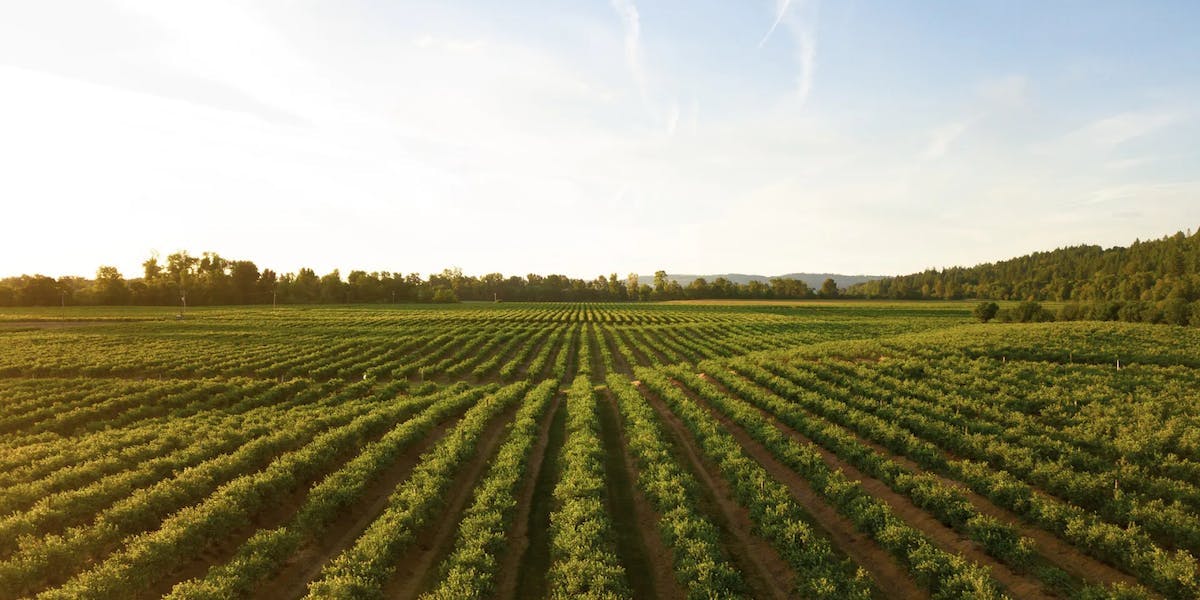Lifestyle
Ellie Unearths: How We Reduce The Environmental Impact Of The Ingredients In allplants Meals
5min read
We believe the world (and everyone on it) would be better off if we ate more plants. As it stands, our food system isn’t in a good place; we use more, emit more, pollute more and waste more than the Earth could ever replace or absorb, value isn’t equally distributed, food and nutrition isn’t equally accessed and murky supply chains hide resource intensive practices and human rights violations.
Eat plants. Save the world.
“The global food system is the biggest driver of destruction of the natural world... and a shift to predominantly plant-based diets is crucial in halting the damage.” (link)
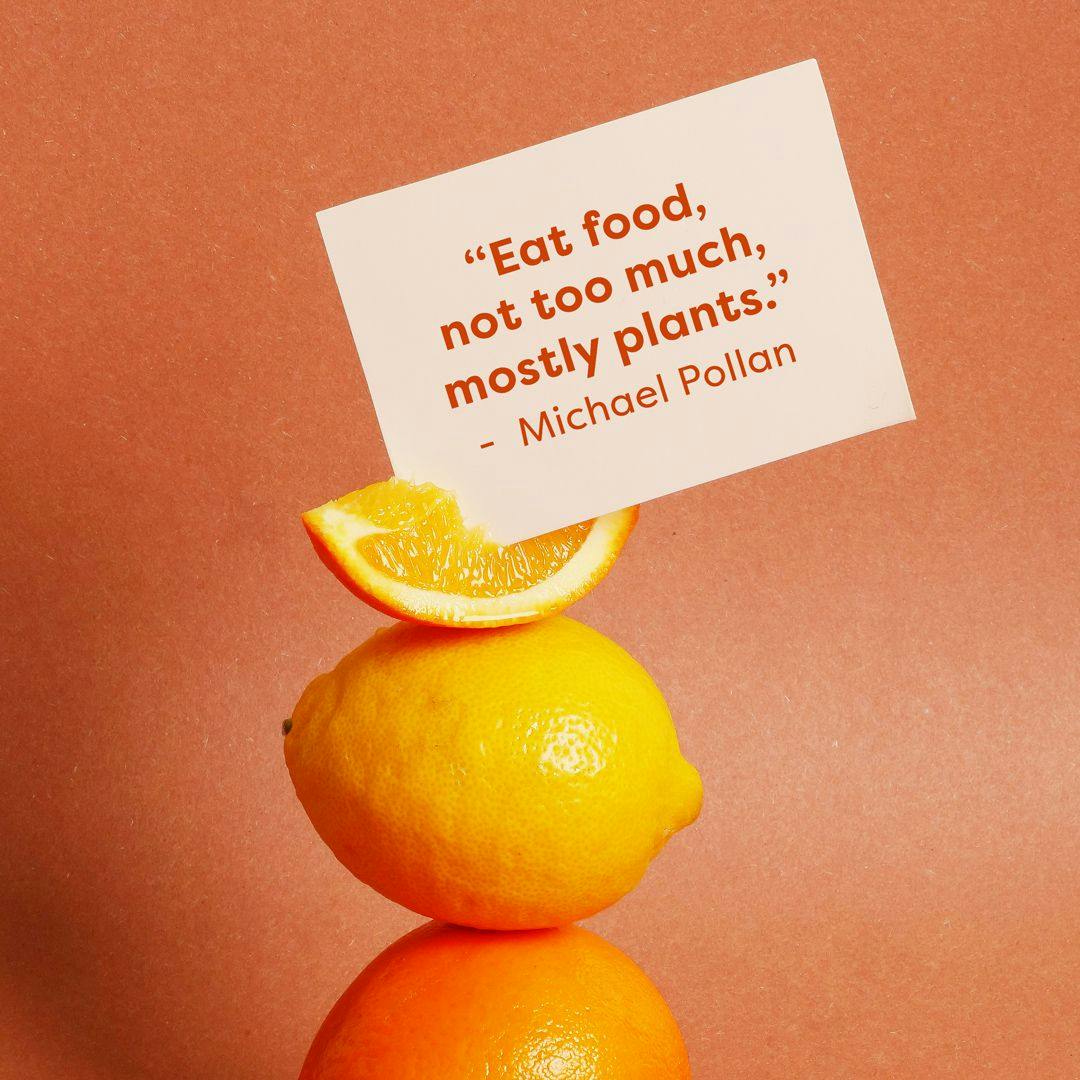
We exist to inspire the planet to eat more plants, because this switch alone goes a long way in addressing some of our most pressing food system issues. But that doesn’t mean we can take the day off, there’s always more to learn and more ways to reduce the impact of our meals.
Why plants?
“If cattle were a country, they would have the third highest CO2 emissions in the world.” (Gates notes, blue horizon)
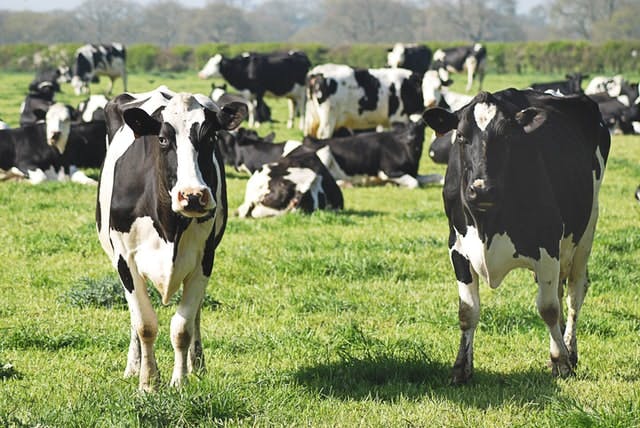
The world’s food system is responsible for approximately 25% of human generated greenhouse gases. That includes raising and harvesting all the plants, animals and animal products we eat as well as processing, packaging and shipping food to markets all over the world. But meat and dairy disproportionately contribute to this figure, with livestock accounting for around 14.5% of the world’s greenhouse gases. That’s roughly the same as the emissions from all the cars, trucks, airplanes and ships combined in the world today.
This means that swapping meat and dairy for a more plant-based diet can make a huge difference. Specifically, researchers at the ‘University of Oxford found that this shift can reduce an individual’s carbon footprint from food by up to 73%’ (link). Which is why making plant-based delicious, convenient and accessible for as many people as possible is our core mission, but we’ve always known we have a responsibility to do more.
Beyond plants
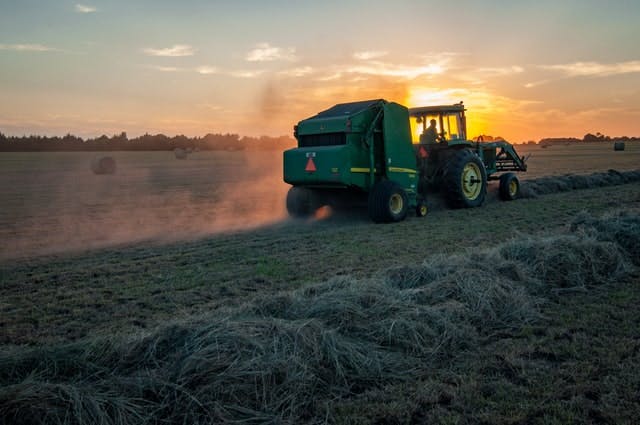
In further reducing the impact of our meals, we power our kitchen with 100% renewable energy, never use palm-oil (commonly linked with major deforestation) and we never air-freight ingredients to the UK. Ingredients flown to their destination versus those shipped and/or driven have 100 times the carbon impact - so we have a blanket ban on air-freighted ingredients. This also means that for ingredients that are typically grown abroad and have a short shelf-life, like asparagus, we either buy flash-frozen or not at all.
We’re exceedingly proud of our sustainable foundations, but we’re continuing to build on these in the following ways
1. Up next - designing for low impact
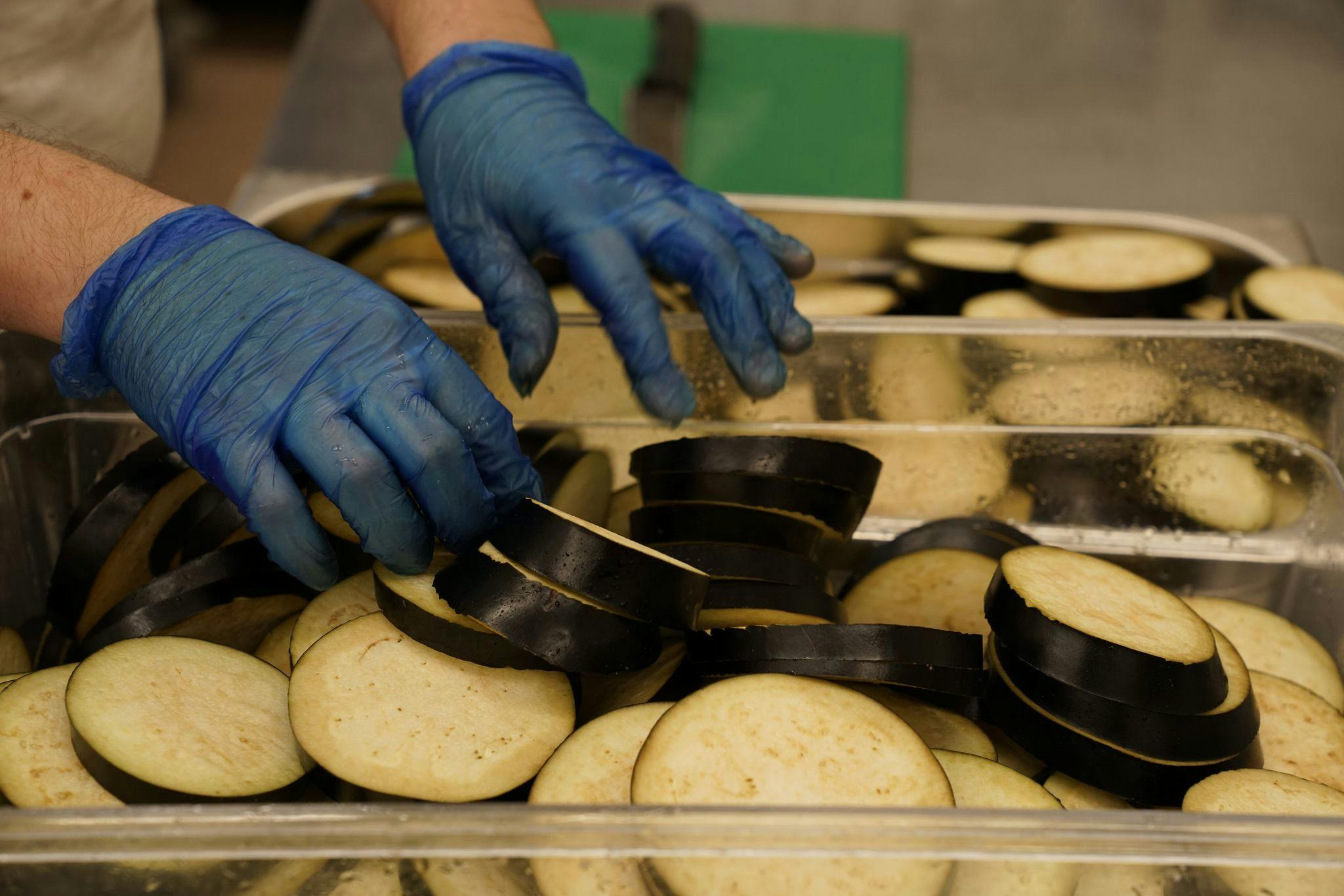
A staggering 23% of all food is wasted between field and checkout in the UK. Most of this goes straight to landfill where it will rot and generate emissions, but far more important are the emissions from the unnecessary production of the food itself and the 8m people living in food poverty in the UK that it could have fed.
We are committed to reducing waste by designing dishes for low waste, creating demand for misshapen veg and therefore encouraging suppliers and growers not to throw away produce that doesn’t meet aesthetic standards set by retailers. And to reduce the amount of waste generated in-house we are:
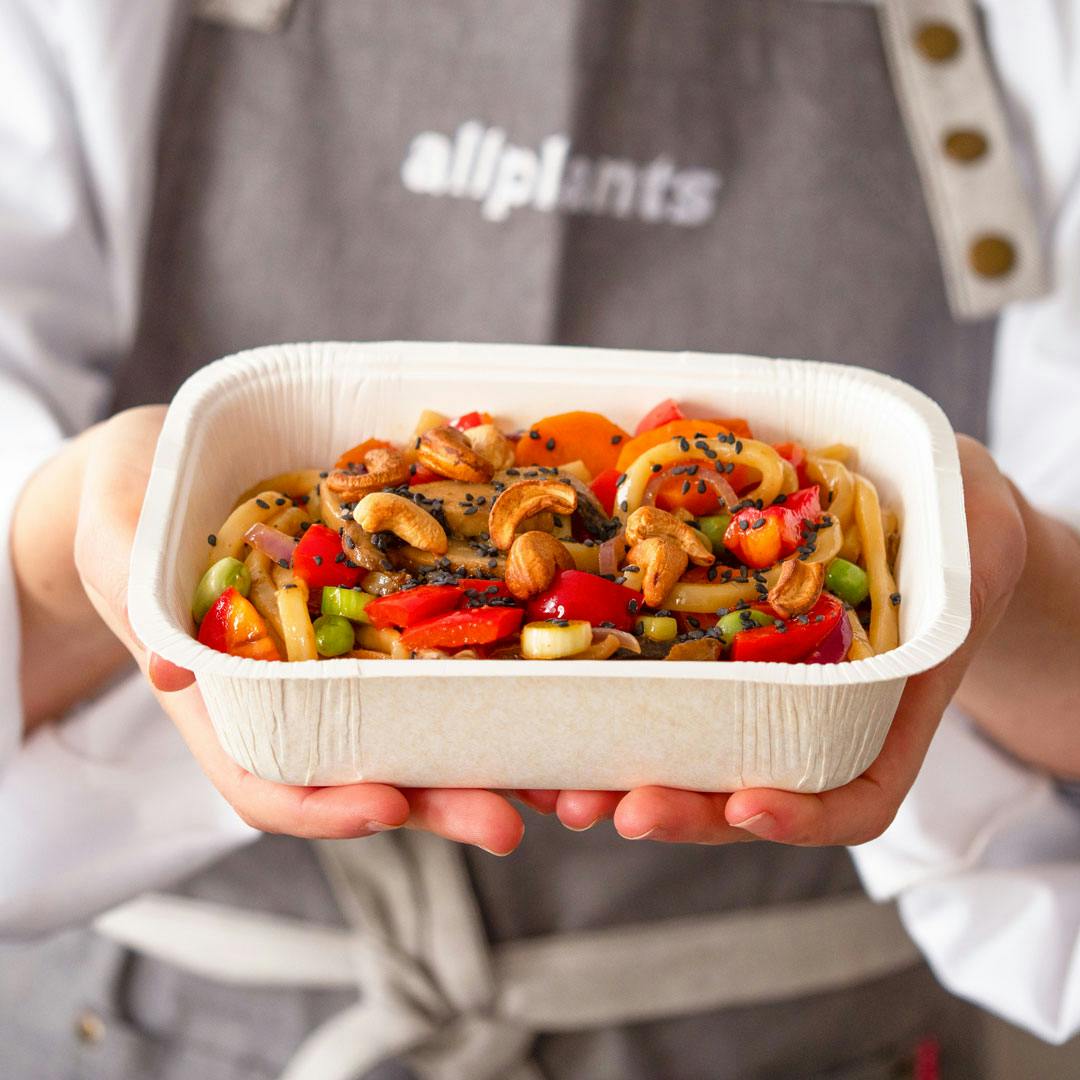
- Obsessing over yields and constantly tweaking recipes
- Using frozen ingredients where possible and appropriate
- Careful stock management and rotation
What we can’t use is donated to charity and we are currently at ~50% of food waste generated being donated locally, and we are always working to increase this. What can’t be donated - for reasons such as shelf-life or collection logistics - never goes to landfill and is used to create green energy instead.
2. Up next - regenerative agriculture
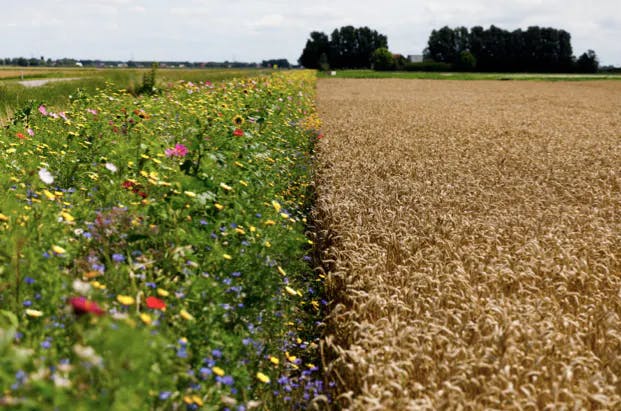
Regenerative agriculture essentially means sustainable farming, with soil health at the heart. It broadly looks to work with nature, instead of against it, restoring balance. On the farm, this involves practices like crop-rotation (instead of monocropping), no-till farming, agroforestry and creating biodiversity corridors nearby. All these together mean roots go deeper, nutrient uptake improves, water retention increases, plants are more pest-resistant and soil fertility recovers. These, in turn, lead to a host of higher-level benefits, including increased biodiversity, reduced soil erosion and a vastly improved ability to capture and store carbon
We want to encourage and enable farmers to make this transition, so are starting the conversation with our existing growers on how we can work towards more sustainable practices together.
3. Up next - Net Zero 2030
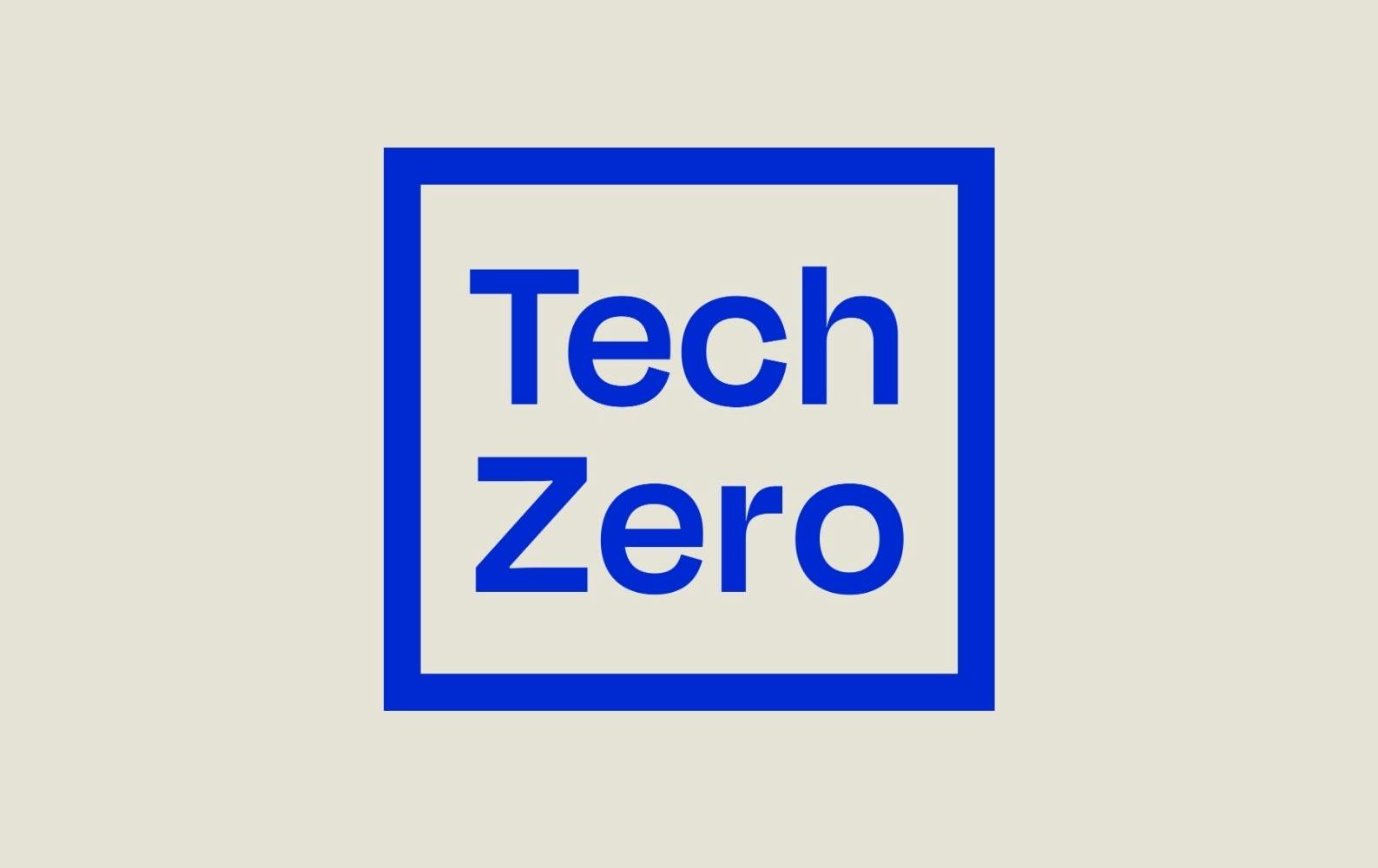
We are publicly and proudly committed to Net Zero 2030 as part of both the B Corp Climate Collective and Tech Zero taskforce. In working towards this, we conducted a Life Cycle Assessment (LCA) in 2020 to better understand the impact of our meals. We were thrilled to find that, for example, the percentage decrease in global warming potential from a typical Beef Chilli to our Smoky Soul Chilli is 80%, meaning that if every meal was comparable to our chilli, we would cut the contribution of protein production to global warming from 0.5 to 0.1C.
This reaffirms our mission, but it doesn’t mean we stop there, plant-based food production is a lot less energy-intensive than animal agriculture but is still energy-intensive and we have work to do to remove all feasible direct emissions (known as ‘scope 1’) and indirect emissions (known as ‘scope 2 and 3’) from our supply chain.
This is why we have started tracking our scope 1 and 2 emissions internally and will commission an investigation into our scope 3 emissions later this year, publicly and honestly reporting on everything we find.
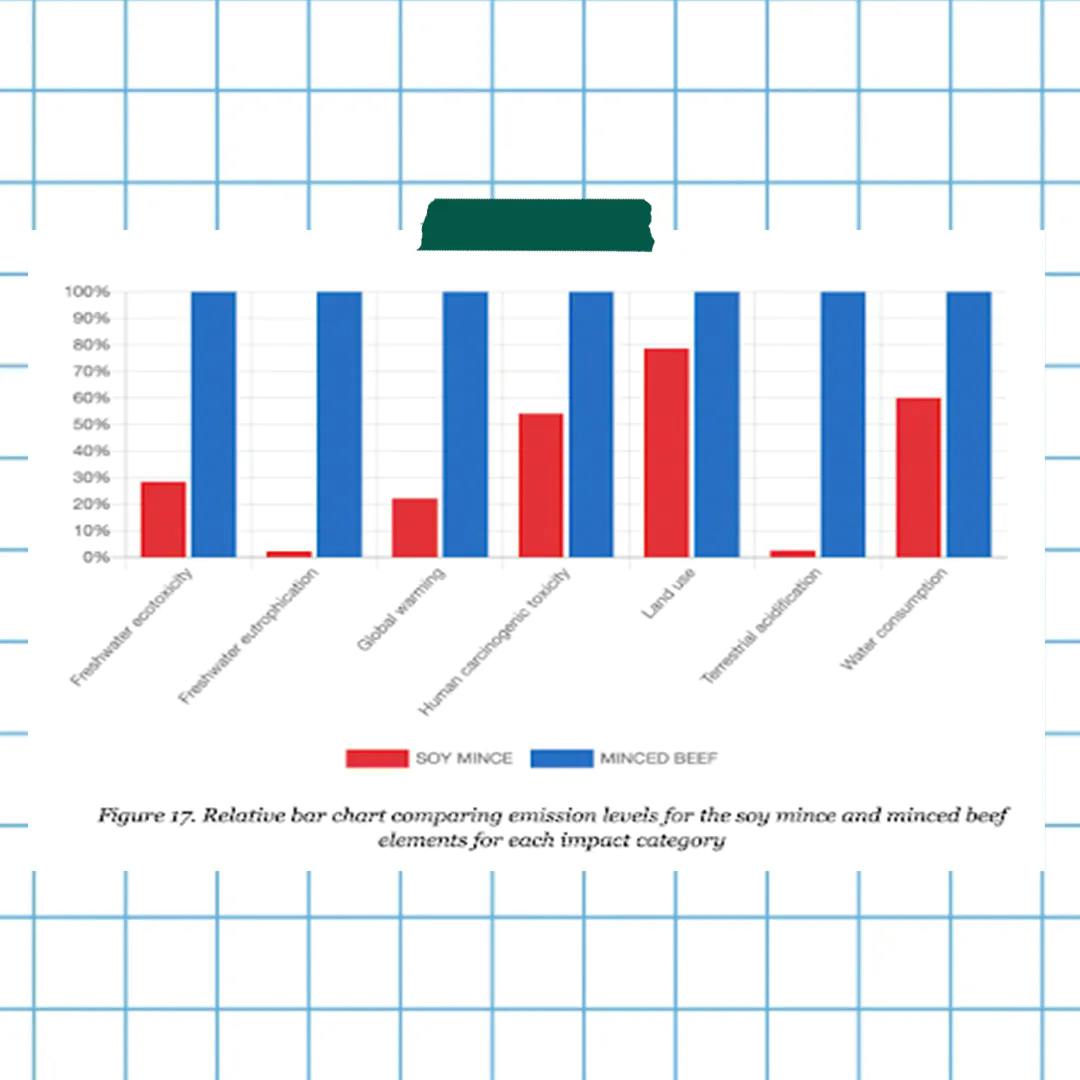
Watch this (allplants shaped) space
We’ll be writing up, elaborating on and quantifying our impact in more detail in our first ever sustainability report this year (2021), so keep an eye out for that and - as always - we’d love to hear your thoughts on any of the above!
By Ellie Harrison
Ellie heads up all-things sustainability, making sure everything we do is as conscious as possible. She couldn’t live without volleyball, killer whales and porridge… though hopefully not at the same time.
Let us take care of dinner
We help to make eating more plants easy and delicious. Fancy letting us take care of dinner? Check out our delicious meals here.
Shop now
